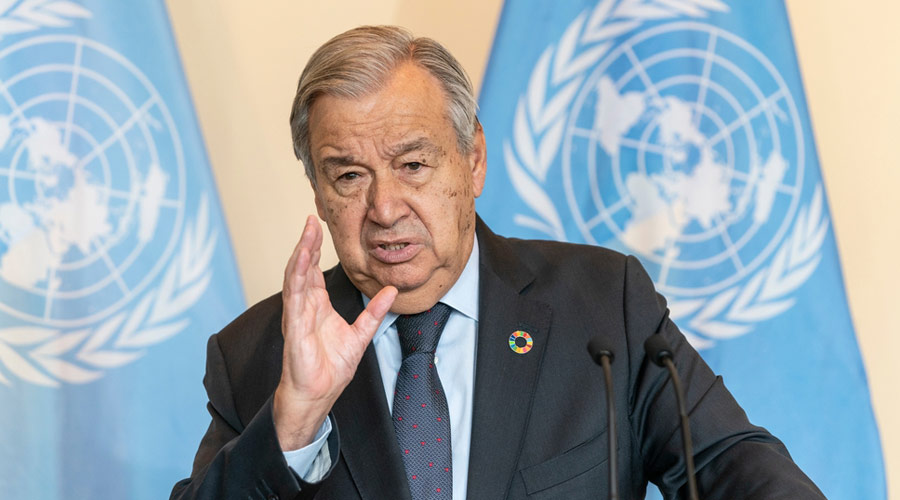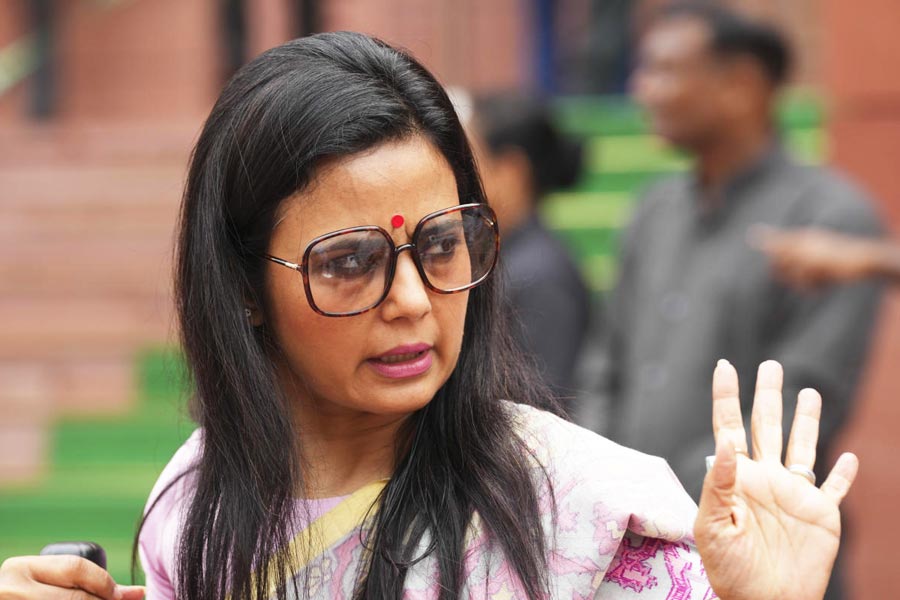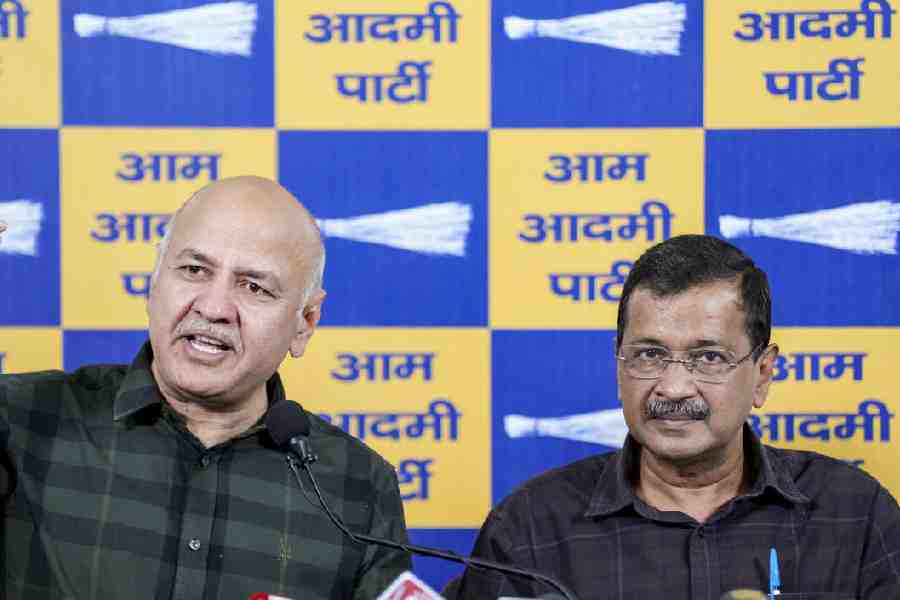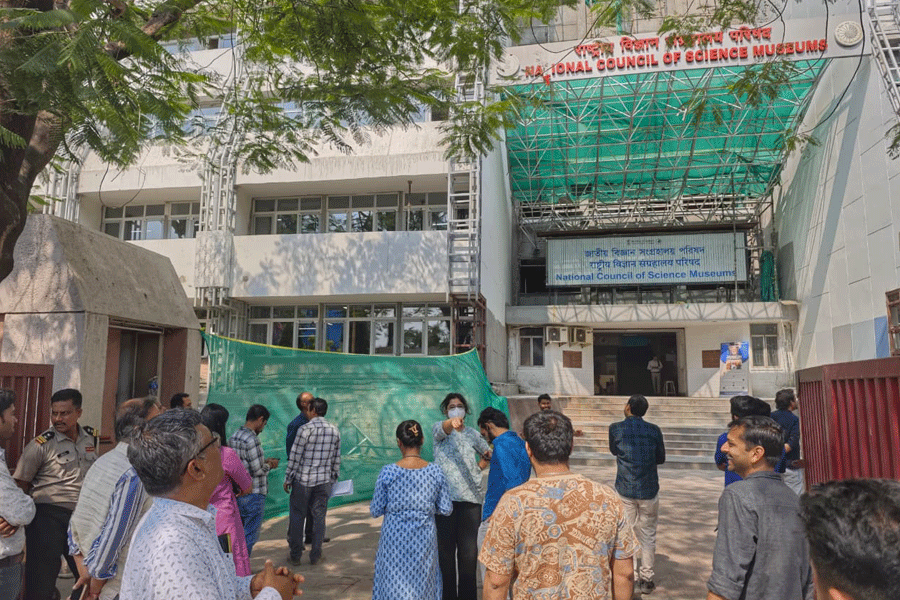Tabula rasa — beginning from a clean slate — could well be Narendra Modi’s favourite epistemological position. The prime minister ceaselessly reminds his fawning audience that India — his New India — has taken giant strides on the global stage since 2014, the year of new beginnings. Before 2014, the year that Mr Modi claimed the throne in New Delhi, India, according to the prime minister, lay shrouded in a primeval darkness, with the world taking no notice of the nation. As proof for this astounding claim, Mr Modi and his legion of vociferous fans point to, say, the fact that the country is now the fifth largest economy in the world. This despite the well-established truth that India’s economic ‘progress’ has been a cumulative process, beginning with its embrace of economic liberalisation under a Congress government in the 1990s. Moreover, in spite of this march to economic glory, the chasm between the poor and the rich remains the starkest in this country. In other spheres too — culture, politics, diplomacy, environment — Mr Modi is convinced that it is the season of the Indian Renaissance and the world, the prime minister believes, is taking note of this resurgence. And it all began with a word; the word, the prime minister would like India and the world to believe, being Modi.
Except that the world seems to think otherwise. During his visit to India, António Guterres, the secretary-general of the United Nations, stated that India can reclaim its voice and credibility only if New Delhi delivered on its commitment to inclusivity and human rights. This just goes to show that the world is, indeed, taking notice of India but for completely different reasons. India’s regression on pluralism, inclusivity, equality and some would add democracy — the real hallmarks of Mr Modi’s governance — has got the world worried. This erosion is not a figment of the global or Mr Guterres’s imagination. Bona fide assessments have repeatedly highlighted India’s tailspin on indexes that are markers of democracy, freedom, rights of the marginalised, press freedom, inequality and even hunger. Neither is Mr Guterres the first dignitary to voice concern, especially on rising communalism in India. The report on international religious freedom, released by the US secretary of state, has not been generous exactly; India was also embarrassed around the world on account of the crass comment made by Nupur Sharma on the prophet.
A seat in the global hall of fame need not be predicated on economic or military might. Civilisational values — India, over millennia, has taught the world several of these — play a key role in this elevation. Mr Guterres’s remark can be interpreted as a subtle nudge for every conscientious Indian to reflect on nurturing and sustaining the nation’s civilising mission. That would involve strengthening diversity, pluralism, fraternity, inclusivity, freedom — elements that are integral to India’s ethos for which it has been renowned and celebrated around the world. The challenge, therefore, centres on the renewal of a public commitment to breathe life into these values, once again. That would return India as the cynosure of global attention, a position that has come under a cloud during Mr Modi’s reign.










